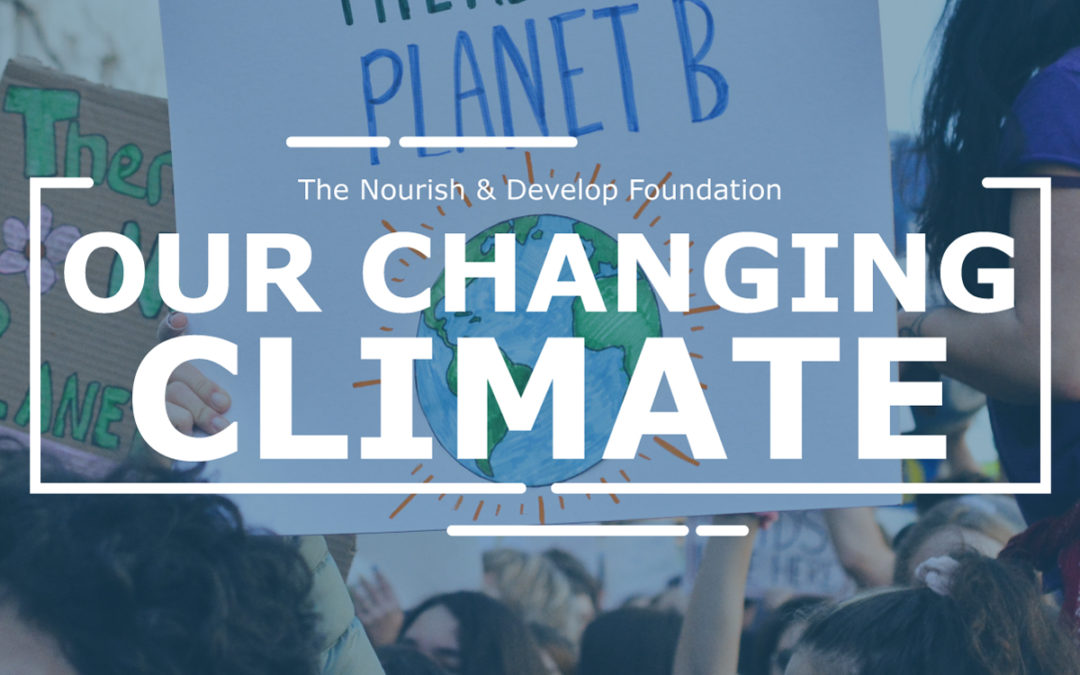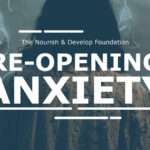One of the highlights of summer is having an abundance of warm,
sunny days that make spending time outdoors more enjoyable. This particular summer, however, has been met with severe thunderstorms, devastating wildfires, and deadly heatwaves, all on top of the ongoing COVID-19 pandemic. Battling such extreme weather conditions can generate feelings of anxiety and bring about a sense of impending doom. The environmental impacts are well reported, but how ecological emergencies affect our mental health often gets overlooked. Today we want to touch on eco-anxiety and how we can look forward to the future!
Did you know?
There is a link between periods of drought and higher suicide rates among farmers.
Symptoms of eco-anxiety
“Eco-anxiety refers to the persistent worries about the future of the Earth and the life it shelters.”
- Anger or frustration
- Fatalistic thinking
- Existential dread
- Guilt or shame
- Post-traumatic stress
- Feelings of depression, anxiety, or panic
- Grief and sadness
- Obsessive thoughts
- Difficulty concentrating
- Sleeping problems and/or changes to appetite
Did you know?
High temperatures pose a danger to people taking psychiatric medications that affect bodily temperature regulation.
Populations at Greater Risk:
There are certain groups of people who are particularly sensitive to and affected by weather changes, including:
- Indigenous communities
- Children, older adults, and people who are pregnant
- People living with disabilities or chronic health conditions
- Socioeconomically disadvantaged communities
- People living in coastal/island regions, dry areas, or other places of geological risk
Wrestling Existential Dread
Being in control of your environmental footprint can counter powerlessness. Help do your part by choosing sustainability over convenience (swap single use materials for reusable, conserve household energy, reduce meat consumption, etc.) but also have compassion for yourself if you are not 100% eco-friendly 100% of the time. There are many larger players who have the power and resources to make responsible changes with significant impact. If you can accept your own actions and recognize the bigger picture, feelings of guilt and shame should alleviate.
Did you know?
Psychological trauma from a natural disaster is 40 times greater than trauma from a physical injury.
Having optimism for the future
Achieving big goals cannot be done without celebrating small wins. Support the local café that made the switch to ethically sourced coffee, applaud your friend who invested in a Brita, and be prepared for the next power outage with flashlights and ready to eat food. For every upsetting article you read, find a positive news source! Climate Joy highlights the progress being made which can be an inspiring source to stay motivated.
Resources:
Mental Health and Our Changing Climate
Sources:
https://www.healthline.com/health/eco-anxiety
https://cmha.ca/blogs/eco-anxiety-despair-is-rising
https://welllifetherapyllc.com/blog-alternative/how-to-keep-hope-alive-and-spirits-high-in-2021



